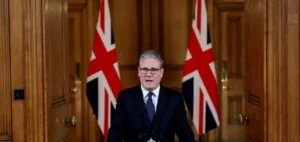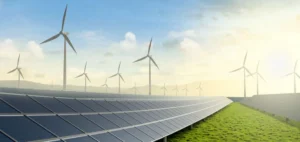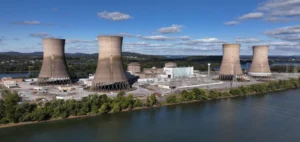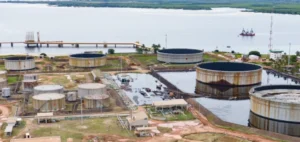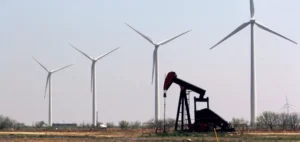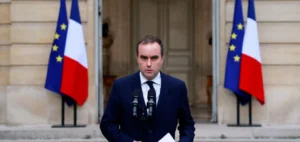The British government announced on Friday a massive £20 billion investment over 20 years in carbon capture and nuclear power development, as part of its goal to be carbon neutral by 2050. Chancellor of the Exchequer Jeremy Hunt has detailed the government’s plans to accelerate the energy transition to reduce greenhouse gas emissions and create high-skilled jobs.
Carbon capture, a major challenge for the UK
The British government hopes to advance plans to store 20 to 30 million tons of CO2 per year by 2030, equivalent to the emissions of 10 to 15 million cars. This initiative will also create up to 50,000 highly skilled jobs. The UK faces serious challenges in terms of greenhouse gas emissions, particularly in the energy sector, which accounts for almost 70% of the country’s emissions.
The development of nuclear energy, a priority for the British government
The British government has also announced its intention to increase nuclear power generation, launching a competition for the first small modular reactors (SMRs) to be built in the country. This initiative will provide clean, stable energy to millions of Britons, while creating new jobs in the sector. The government will invest 210 million pounds (237 million euros) in this project.
The British government also wants to classify nuclear power generation as “green” and will open a consultation on the issue, hoping to encourage significant private investment in the sector. Although nuclear power does not release CO2 into the atmosphere, it is still considered bad for the environment by many environmental activists.
Announcements for the future, but immediate uncertainty
While these announcements are important steps forward for the UK’s energy transition, they are mostly about long-term projects. As the budget approaches, pressure is on Hunt to decide not to cut assistance for household electric bills starting April 1, as is currently planned. Rising energy prices have led to high inflation, which has exacerbated the country’s cost of living crisis.
The UK government must therefore ensure that energy costs remain affordable for households while pursuing its carbon neutrality ambition.




